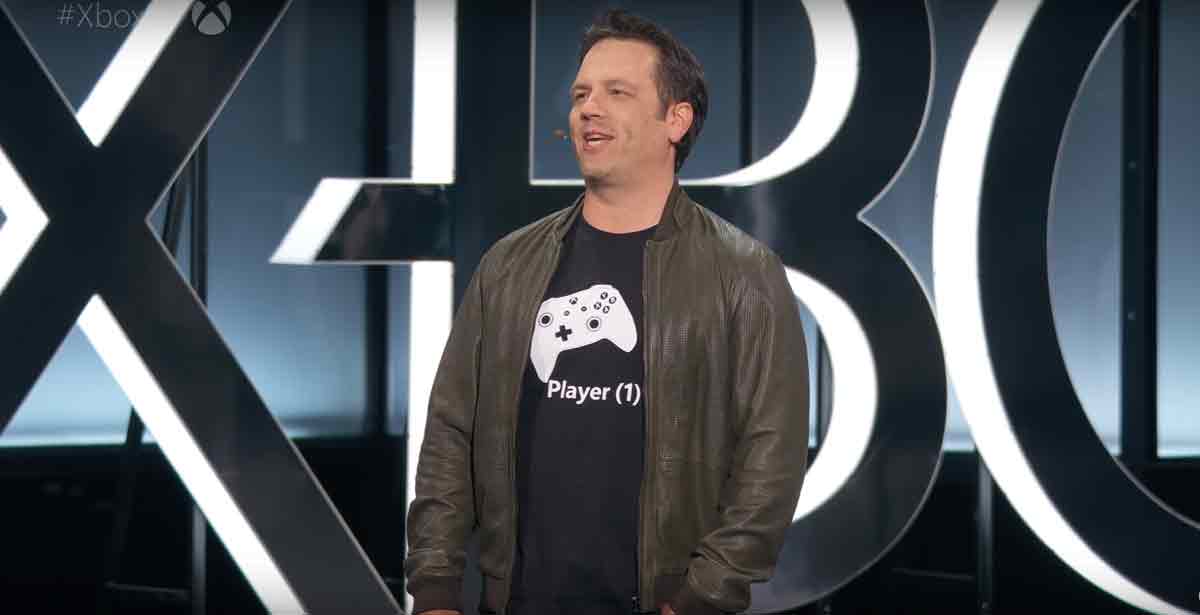Microsoft is Not Bringing VR Support to Xbox: It’s “a Bunch of Work”
Xbox boss Phil Spencer stirred up controversy in November 2019 when he declared that “Nobody’s asking for VR”. He had also claimed that nobody was selling “millions and millions” of virtual reality headsets. This week, Phil followed up on and probably walked back a little on the negativity and grim outlook, substantiating those statements.

Last year, Phil had stated that since nobody wanted VR, the development focus for Microsoft’s next Xbox series would be on the game console rather than virtual reality.
In a podcast with Gamertag Radio, he explained that he wanted to clearly communicate to Xbox customers that the company won’t be bringing Virtual Reality headsets to the Xbox Series X launch and that the company will continue focusing on what it is doing at the moment.
A Virtual Reality Platform is Not Worth the Investment Yet
In spite of Microsoft birthing multiple virtual reality headsets as well as lots of high-quality Virtual Reality software for its Windows Mixed Reality platform, it appears it is not keen on building on the momentum to introduce virtual reality to Xbox users. This, at a time when the industry is showing some telltale signs of gaining momentum this year.
According to Phil Spencer, adding virtual reality support to its Xbox platform will entail too much work which does not justify the returns at the moment. As a result, for the foreseeable future, Microsoft will continue playing the waiting game until virtual reality investment becomes “a no-brainer”. For Microsoft, therefore, not introducing VR support for Xbox at the moment is simply a question of practicality.
It is a surprising stance for a company that already has a functional PC VR platform in the form of Windows Mixed Reality. It also has functional virtual reality/mixed reality hardware already available in the market. From a technical implementation standpoint, it should be easier for Microsoft to leverage on its pre-existing infrastructure to make its new Xbox console compatible with the Windows Mixed Reality headsets.
Extending Virtual Reality support from Windows to Xbox should be easy on paper since Xbox already shares an OS kernel with Windows. This should make it possible for Windows VR software to be ported easily onto the Xbox platform. But Spencer has stated that it is more complex that since the dash has to be redone along with a “bunch of work that goes into it”
While that work has already been done by Sony, Valve and Oculus who now “know the completeness and what it means to support that platform”, Spencer stated that he doesn’t regard the feature as “so important” that it would be a “no brainer” for Microsoft to support it. So, no VR support for next Xbox Series. He however hoped that demand for Virtual Reality hardware will continue to rise.
Microsoft is working on launching the new Xbox console in late 2020. The launch will happen, notably, without Series X exclusive games in a bid to maximize the total amount of software that it will be able to sell.
Sony, on the other hand, is taking a different approach. It is already committed to supporting its first-generation PlayStation VR headset on its upcoming PlayStation 5 console. It is also working on introducing new Virtual Reality hardware in the future that will spot advanced capabilities.
Whether Microsoft’s decision to bypass the introduction of VR in the early days of its Xbox Series X will be a prudent move or a monumental error in judgment remains to be seen.
At the moment, the PC-compatible Virtual Reality headsets that lie in the $399 (for Quest and Rift S) to $999 (for Valve Index) price range are seeing a surge in demand following the holiday season and the announcement of the upcoming PC VR-exclusive Half-Life: Alyx VR hit. Last month, Sony also announced that it had sold more than 5 million copies of its PlayStation VR headsets, selling roughly a million in 2019.
With the Half-Life: Alyx likely to drive interest and demand in Virtual Reality hardware as well as high-end machines, VR support for its Xbox Series X could have enabled Microsoft to ride the wave for the 2020 holiday season. According to VentureBeat, the decision not to offer VR support may end seeing Microsoft losing millions of potential early adopters to PlayStation 5.
It is also noteworthy that Microsoft will continue to focus its mixed reality hardware development efforts on its HoloLens AR headsets that have continued to perform poorly, selling only a few tens of thousands instead of millions like VR headsets.
If the Coronavirus crisis in China doesn’t interfere with production, Microsoft’s Xbox Series X will appear in late 2020 just like PlayStation 5 which is also expected to arrive about the same time. Sony’s PlayStation 5 will support the current PlayStation VR but no announcement has been made yet on a PSVR2.
https://virtualrealitytimes.com/2020/02/12/microsoft-is-not-bringing-vr-support-to-xbox-its-a-bunch-of-work/https://virtualrealitytimes.com/wp-content/uploads/2020/02/Phil-Spencer-600x308.jpghttps://virtualrealitytimes.com/wp-content/uploads/2020/02/Phil-Spencer-150x90.jpgGame ConsolesTechnologyXBoxXbox boss Phil Spencer stirred up controversy in November 2019 when he declared that “Nobody’s asking for VR”. He had also claimed that nobody was selling “millions and millions” of virtual reality headsets. This week, Phil followed up on and probably walked back a little on the negativity and...Sam OchanjiSam Ochanji[email protected]EditorVirtual Reality Times - Metaverse & VR
